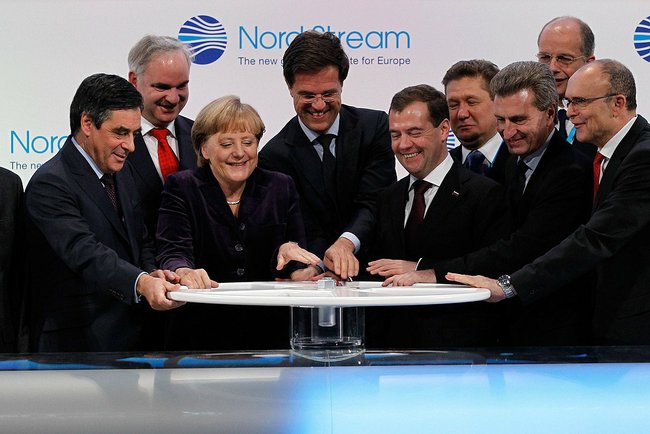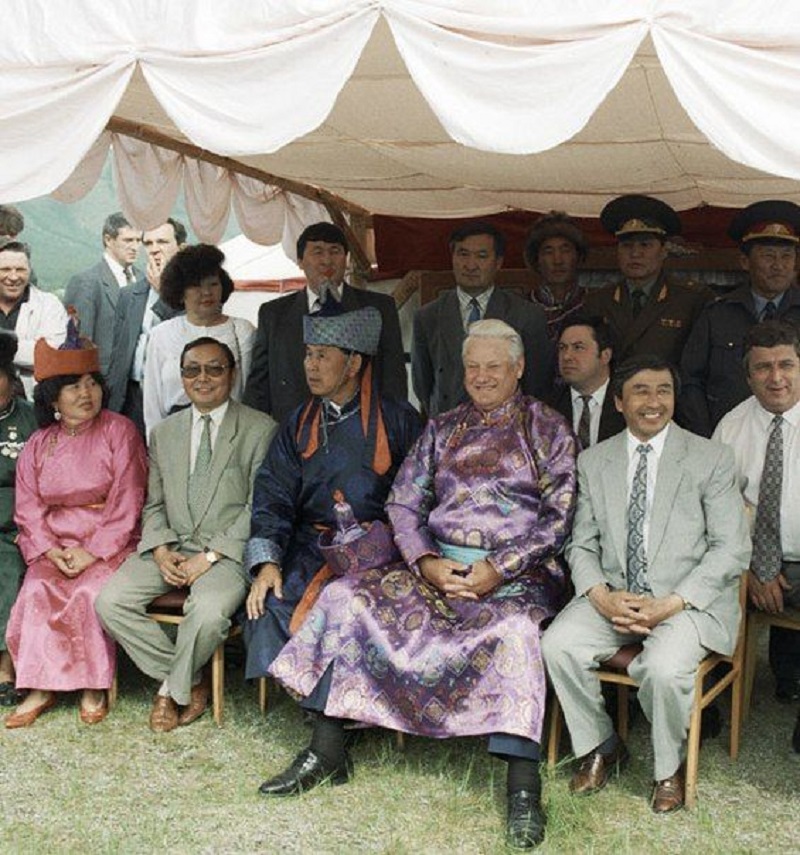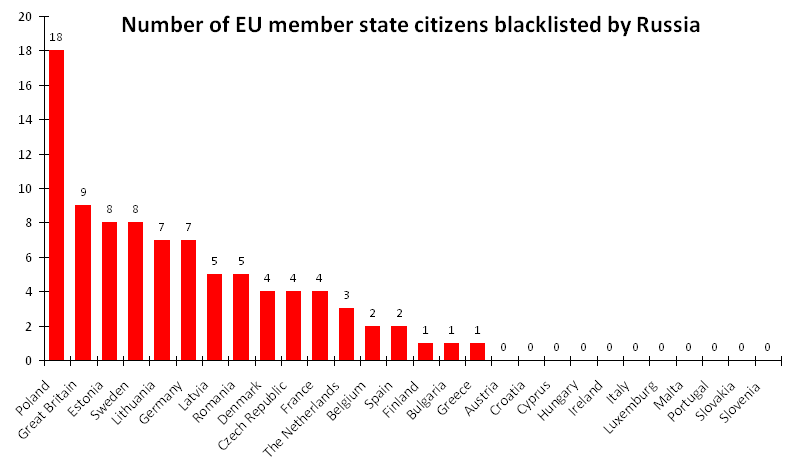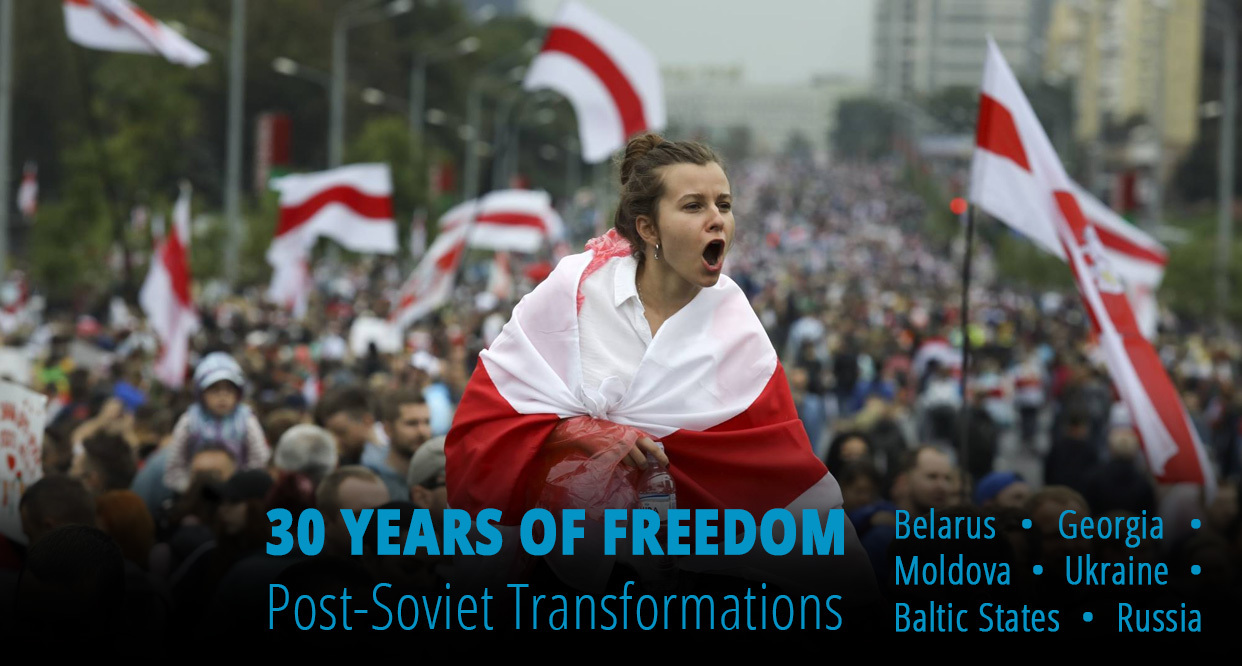In a landmark development for European energy security, on July 15, Germany lost its appeal of the General Court judgement of September 2019, which overturned the European Commission’s 2016 decision allowing Gazprom unrestricted use of OPAL. The case was brought by Poland and supported by Lithuania and Latvia. The General Court ruled in 2019 that the EU acted in breach of the principle of energy solidarity enshrined in the Treaty of the European Union; and the failed appeal confirmed that judgement (Curia.europa.eu, September 10, 2019).
Even then, the 2019 OPAL decision was predicted to have wide implications for all Russian natural gas projects in Europe. On the one hand, it will serve as the gold standard in similar cases in the future, including the recently completed onshore pipeline for transporting natural gas from Nord Stream 2—the European Gas Pipeline Link (EUGAL)—as well as the almost completed pipeline connecting Turk Stream 2 with Southeast and Central Europe (see EDM, September 30, 2019).
On the other hand, the European Court of Justice went even further in its ruling on the appeal. In his opinion published earlier this year, influential judge Campos Sánchez-Bordona determined that the principle of energy security solidarity is binding on all institutions and bodies of the European Union (Curia.europa.eu, March 18). Thus, this principle should serve as a cornerstone in every future decision of the European Commission.
In the concrete case of Nord Stream 2, the Commission must now consider the energy security of other EU members when approving the certification of pipelines owned or operated by third-countries as well as in decisions to exempt them from the provisions of the EU Gas Directive. The general Court judgement and Judge Sánchez-Bordona’s opinion clearly stated that the European Commission had failed in 2016 to conduct an examination of the principle of energy solidarity and had disregarded the energy security implications of its decisions for countries such as Poland, Lithuania and Latvia. This means that Central and Eastern European countries’ objections to Nord Stream 2—because the pipeline would divert to Germany most Russian gas supplies vital to them—could no longer be ignored and overruled by bigger and more politically influential EU members, such as Germany.

After Germany’s appeal on OPAL failed, the EUGAL pipeline will also be submitted to the rule of reserving 50 percent of its capacity for third-party suppliers. Gazprom will be able to deliver annually only 65 billion cubic meters (bcm) in total through the Nord Stream corridor instead of 110 bcm as per its designed capacity (20 bcm through the westbound NEL pipeline, which has not been subject to objection by any EU member; 17.5 bcm through OPAL; and 27.5 bcm through EUGAL). The immediate consequence will be for Ukraine, as Russia will need the Ukrainian gas transmission network to export at least 45 bcm gas that was planned to go through Nord Stream.
Trending Now
The ECJ judgement will also affect the outcome of Gazprom’s request to have Nord Stream 2 exempt from the EU Gas Directive. The Directive was amended in 2019 to subject gas transmission pipelines to and from third countries to the rules for internal pipelines. The obligations for unbundling, third-party access and transparent tariff regulation apply to all pipelines from non-EU states (Amendment, April 17, 2019).
But obtaining an exemption from Article 36 for Nord Stream 2 or the EUGAL pipeline just became nearly impossible when viewed through the prism of energy solidarity. Not only do the pipeline operators have to prove that it will not be detrimental to market competition and internal market development as well as to the security of natural gas supplies, but they also have to convince EU members such as Poland and the Baltic States not to file objections.
In his opinion, Judge Sánchez-Bordona said, “The principle of energy solidarity […] does not stop at ensuring security of supply, as referred to in Article 36(1)(a) of Directive 2009/73. Increased gas supply will not necessarily mean increased solidarity in the internal market in gas: if the increase in supply is concentrated in a few States and remains in the hands of a dominant undertaking able to distort competition on that market, it may operate to the detriment of the interests of one or more Member States in an unjustified (non-solidary) fashion” (Curia.europa.eu, March 18).
This judicial opinion will affect Nord Stream 2’s certification process as well. Article 11 of the Gas Directive mandates a supply risk assessment of non-EU-owned pipelines necessary for obtaining certification. Russia’s attempt to manipulate the European gas market this summer, intended to put pressure on the EU to green-light Nord Stream’s certification, may instead backfire (see EDM, July 21).
Related:
- Parliamentary Foreign Committees of nine countries oppose Nord Stream 2
- How Ukraine can still defeat Nord Stream 2
- Two keys to defeating Nord Stream 2 lie in Poland
- Seven reasons why the USA and EU lost to the Nord Stream 2 lobbyists
- “A second Budapest memorandum”: experts on the US-Germany Nord Stream 2 deal
- What the US-German deal on Nord Stream 2 promises Ukraine
- US-Germany Nord Stream 2 agreement — a victory for Russia
- After Nord Stream-2: how Ukraine can protect its gas transit
- Mitigating the Nord Stream 2 impact on Ukraine





